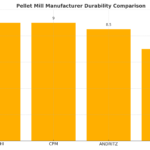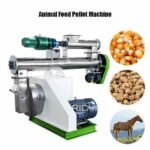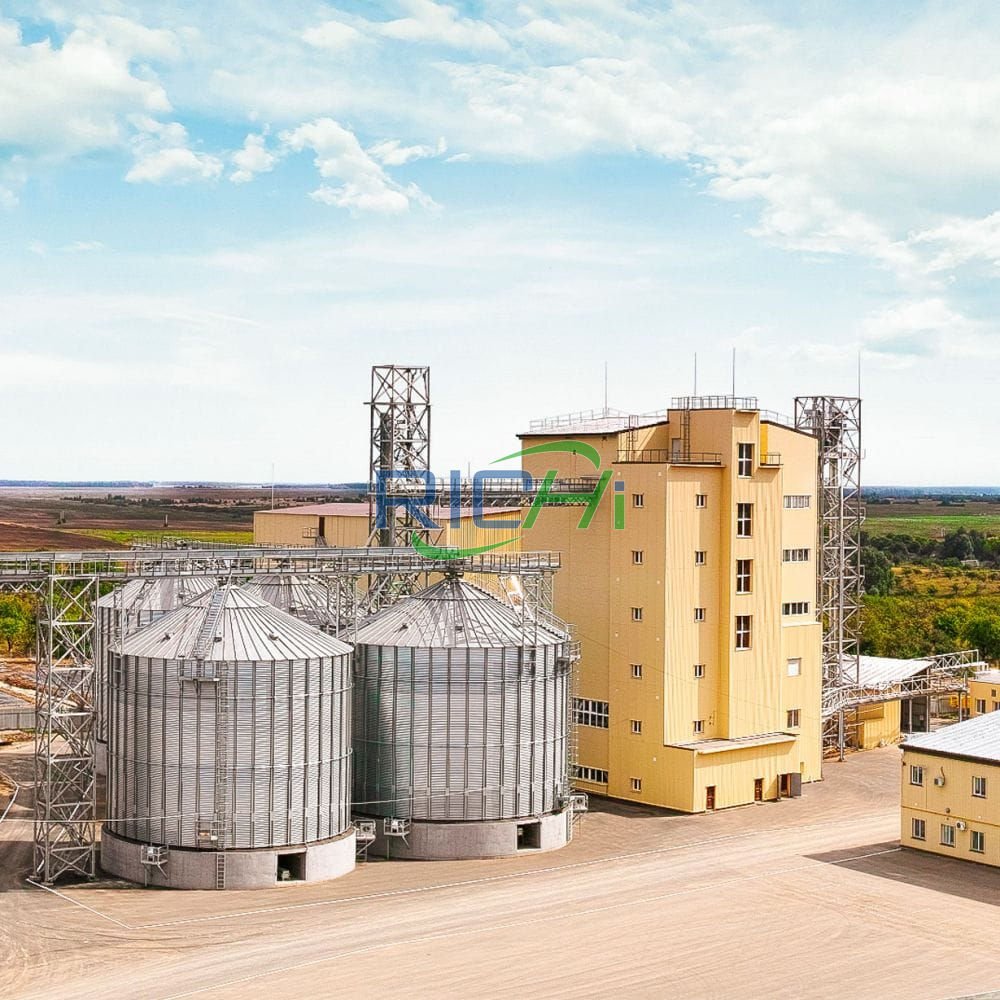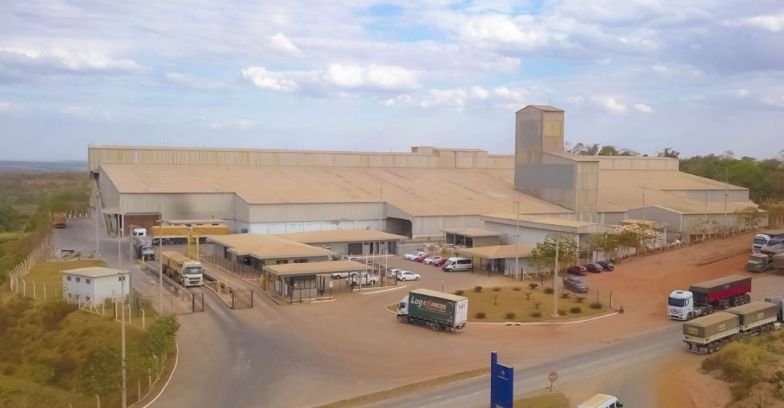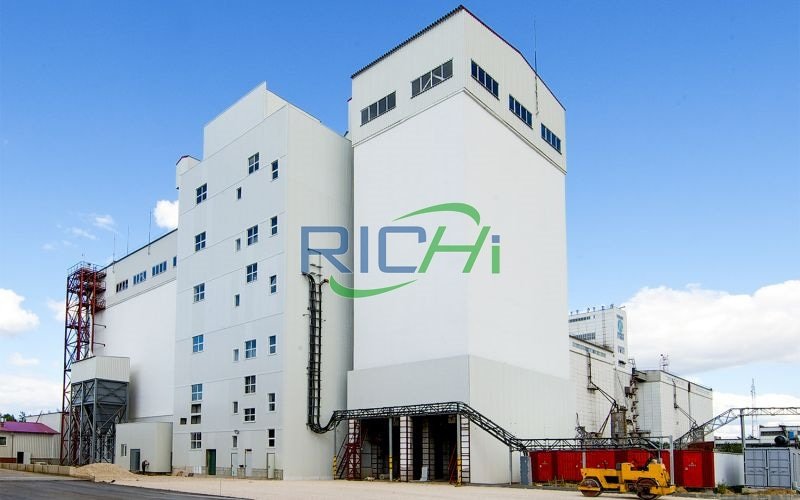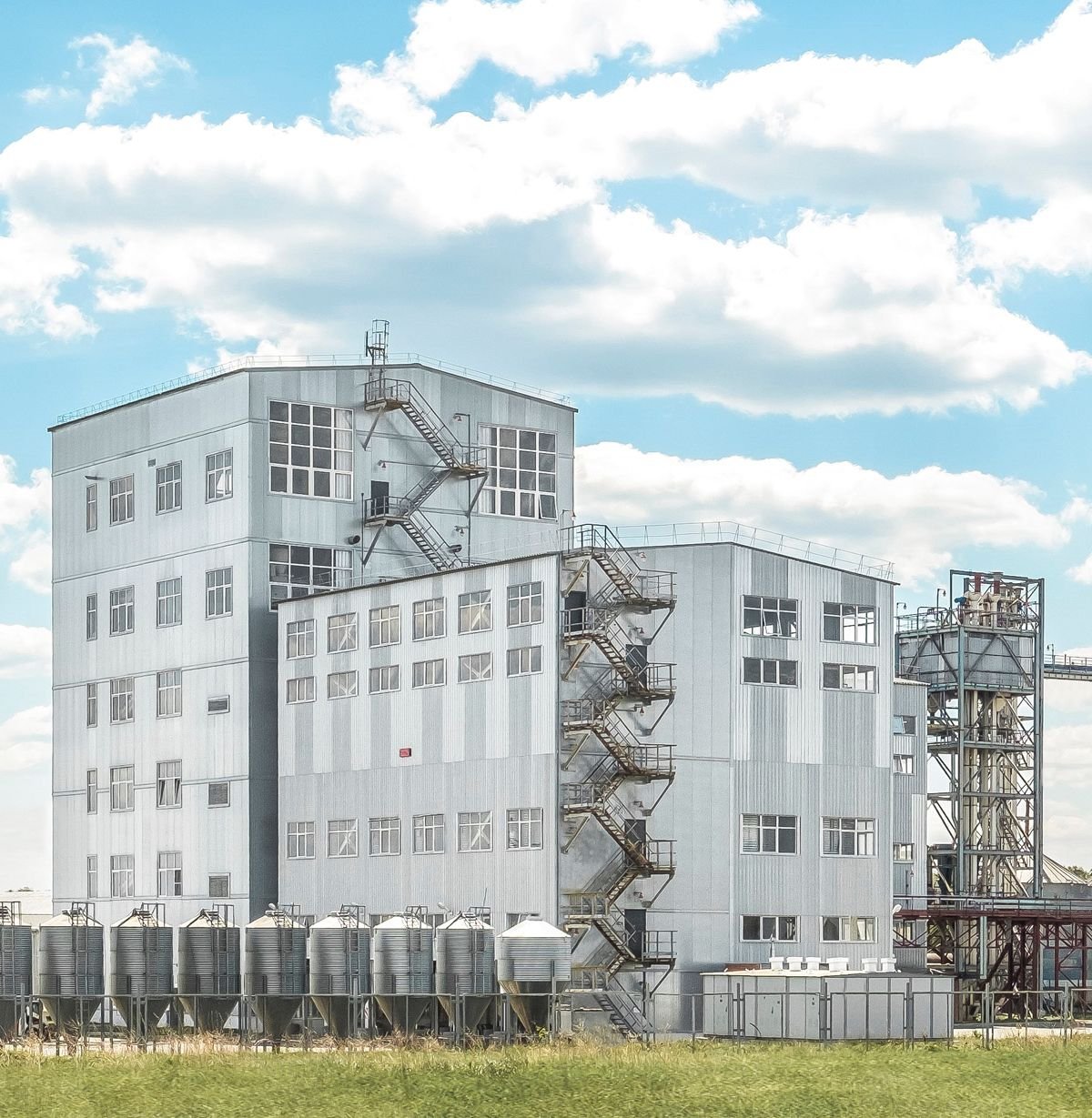In the ever-evolving landscape of global food production, the poultry industry has emerged as a vital sector, playing a crucial role in meeting the world’s growing demand for animal-based proteins. As the industry continues to expand, the need for efficient and sustainable poultry feed production has become increasingly paramount. Enter poultry feed mill projects, specialized facilities designed to manufacture high-quality, nutritionally balanced feed for various poultry species, ensuring the long-term viability and growth of the poultry sector.
The Rise of the Poultry Industry and Its Importance
The poultry industry, encompassing the production of chicken, turkey, and other avian species, has experienced remarkable growth in recent decades. This industry has become a significant contributor to global food security, providing a sustainable source of protein and essential nutrients for a rapidly growing population. The advantages of the poultry industry include:
- Efficient Protein Production: Poultry production is generally more efficient than other livestock sectors, requiring fewer resources and generating lower greenhouse gas emissions per unit of protein produced.
- Rapid Growth and Reproduction: Poultry species have shorter growth cycles and higher reproductive rates compared to other livestock, allowing for faster production turnaround and increased supply to meet market demands.
- Economic Opportunities: The poultry industry creates employment opportunities and contributes to the economic development of rural and agricultural communities, supporting livelihoods and promoting sustainable development.
- Nutritional Benefits: Poultry products, such as eggs and meat, are rich sources of high-quality protein, essential vitamins, and minerals, contributing to a balanced and healthy diet.
As the global demand for poultry products continues to rise, the need for efficient and sustainable poultry feed production has become a critical factor in ensuring the sector’s long-term sustainability and profitability.
The Importance of Poultry Feed Mill Projects
Poultry feed mill projects play a pivotal role in supporting the growth and development of the poultry industry. These specialized facilities are designed to manufacture poultry feed that meets the specific nutritional requirements of various poultry species, ensuring optimal growth, health, and productivity. The benefits of investing in poultry feed mill projects include:
- Consistent Feed Quality: Poultry feed mill projects utilize advanced technologies and quality control measures to produce feed with consistent nutrient profiles, ensuring optimal poultry growth and health.
- Customized Formulations: These facilities can manufacture feed formulations tailored to the specific nutritional needs of different poultry species, life stages, and production systems, optimizing performance and efficiency.
- Efficient Production: Modern poultry feed mills are designed for efficient and cost-effective production, leveraging automation and process optimization to maximize output and minimize waste.
- Sustainability: Poultry feed mill projects can incorporate sustainable practices, such as the use of alternative protein sources, waste reduction strategies, and energy-efficient technologies, promoting environmental responsibility within the poultry industry.
- Economic Opportunities: Investing in poultry feed mill projects can create employment opportunities, stimulate local economies, and contribute to the overall growth and development of the poultry sector.
Key Components of a Poultry Feed Mill Project
A successful poultry feed mill project requires careful planning, execution, and integration of various components to ensure efficient and sustainable operations. The key components of a typical poultry feed mill project include:
- Raw Material Handling and Storage: Facilities for receiving, storing, and handling raw materials such as grains, oilseeds, protein sources, and additives are essential for ensuring a consistent supply of high-quality ingredients.
- Grinding and Mixing: Advanced grinding and mixing equipment is necessary to achieve the desired particle size and homogeneous distribution of ingredients in the feed formulation.
- Pelleting and Extrusion: Pelleting and extrusion systems are crucial for producing high-quality, durable feed pellets or crumbles that can withstand handling, storage, and transportation without compromising nutritional value.
- Drying and Cooling: Efficient drying and cooling systems are required to remove excess moisture from the feed products, ensuring their stability and prolonging their shelf life.
- Quality Control and Testing: Comprehensive quality control measures, including laboratory testing and analysis, are essential to ensure that the final feed product meets stringent nutritional and safety standards.
- Packaging and Storage: Appropriate packaging and storage facilities are necessary to maintain the quality and integrity of the feed during transportation and distribution.
- Auxiliary Systems: Poultry feed mill projects also require auxiliary systems such as material handling equipment, dust collection systems, process control systems, and utilities to ensure efficient and safe operations.
- Project Management and Support Services: Successful poultry feed mill projects often involve collaboration with experienced engineering and consulting firms, providing expertise in project planning, design, construction, commissioning, and ongoing support.
Related post: https://www.richipelletmachine.com/poultry-feed-mill-project/
Factors Influencing Poultry Feed Mill Project Success
The success of a poultry feed mill project is influenced by several critical factors, including:
- Market Analysis and Demand Forecasting: Conducting thorough market research and demand forecasting is essential to ensure that the project aligns with the current and future needs of the poultry industry.
- Raw Material Sourcing and Supply Chain Management: Securing a reliable and cost-effective supply of high-quality raw materials is crucial for consistent feed production and profitability.
- Technology and Automation: Investing in advanced technologies and automation systems can enhance production efficiency, reduce labor costs, and improve product quality and consistency.
- Energy Efficiency and Sustainability: Incorporating energy-efficient technologies and sustainable practices can reduce operational costs and minimize the environmental impact of the poultry feed mill project.
- Regulatory Compliance: Ensuring compliance with relevant regulations and standards related to feed safety, quality, and environmental protection is essential for the long-term viability of the project.
- Skilled Workforce and Training: Employing a skilled and well-trained workforce is crucial for the efficient operation and maintenance of the poultry feed mill facility.
- Project Management and Risk Mitigation: Effective project management, risk assessment, and mitigation strategies are essential for ensuring timely completion, cost control, and successful implementation of the poultry feed mill project.
Opportunities and Future Outlook
As the global demand for poultry products continues to rise, the poultry feed industry is poised for significant growth, creating numerous opportunities for poultry feed mill projects. The future outlook for this sector is promising, driven by factors such as:
- Increasing Poultry Production: The growing global population and rising demand for animal-based proteins are expected to drive the expansion of poultry operations, consequently increasing the demand for high-quality poultry feed.
- Technological Advancements: Ongoing research and development in areas such as feed formulation, ingredient optimization, and production processes will contribute to the development of more efficient and sustainable poultry feed products.
- Sustainable Practices: The adoption of sustainable practices, such as the use of alternative protein sources, waste reduction strategies, and renewable energy sources, will become increasingly important in the poultry feed industry.
- Precision Poultry Farming: The integration of precision poultry farming techniques, including individualized feeding strategies and real-time monitoring, will drive the need for specialized poultry feed formulations tailored to specific production systems and bird requirements.
- International Collaboration and Investment: Increased international collaboration and investment in the poultry sector will drive the development of new poultry feed mill projects, fostering economic growth and technological advancements.
In conclusion, poultry feed mill projects play a crucial role in supporting the growth and sustainability of the poultry industry. By investing in these specialized facilities, stakeholders can contribute to meeting the rising global demand for poultry products while promoting sustainable practices and economic development. As the world continues to recognize the importance of the poultry industry in ensuring food security and environmental stewardship, poultry feed mill projects will remain at the forefront of this vital sector, fueling its growth and driving innovation for a more sustainable future.
For details please contact: Richi machinery manufacture
WhatsApp:86 138 3838 9622
Email:enquiry@richipelletmachine.com



